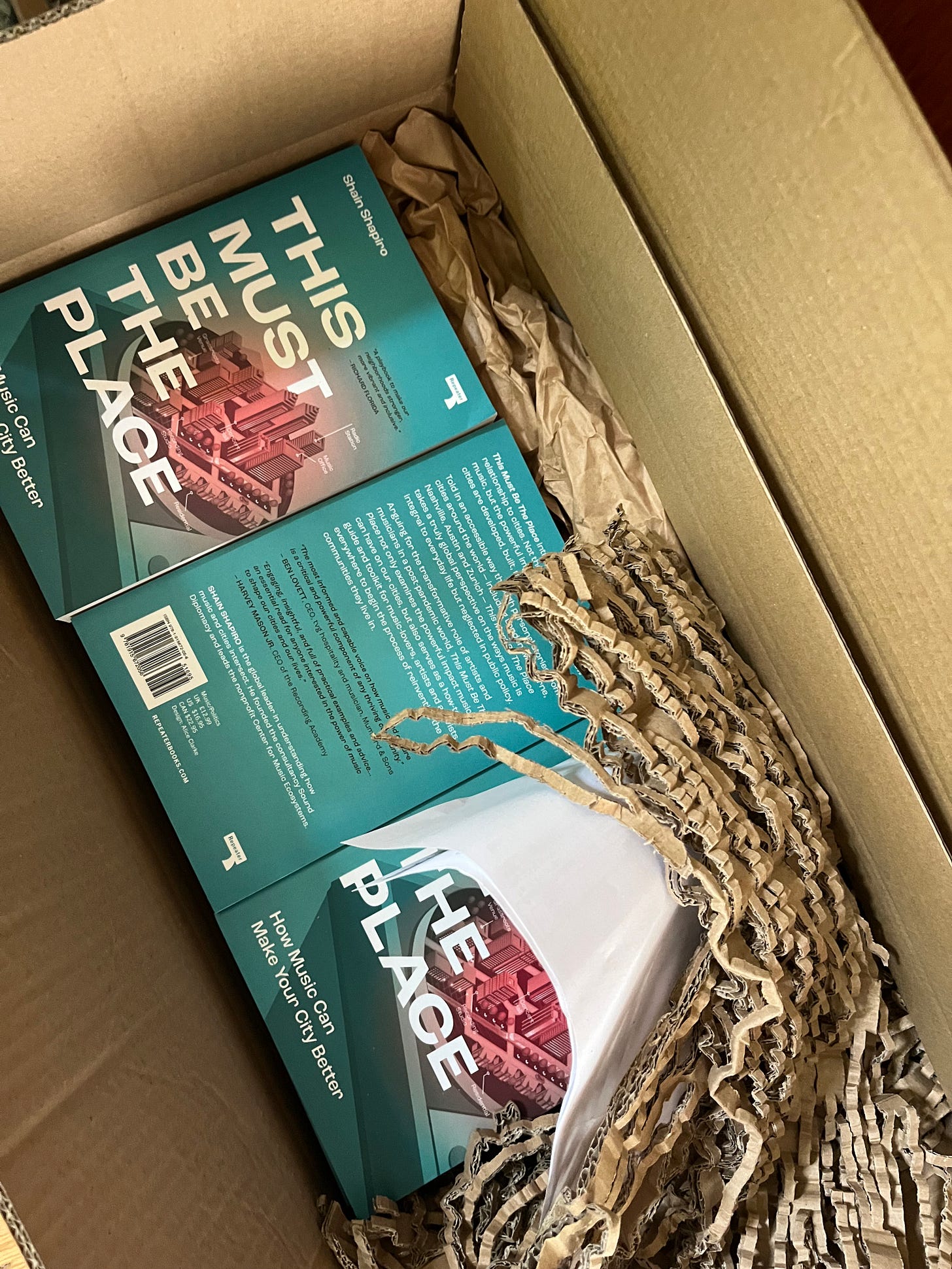Last week I was invited to guest lecture at the St. Paul Girls School in Hammersmith, London in front of 150 or so high school students. As I have been preparing for the book tour, I have been rehearsing different things to say, every time, that I hope to get the point across about the book, why I wrote it, and what I hope to offer those listening to me. This was a test.
And it was the most intimidating talk I have ever given. And the most rewarding.
You’re not allowed to document the event, so imagine this. I walk into an auditorium full of teenagers, all chatting away. When the Headteacher arrives (or Principal to North Americans) with me, the students are immediately silent and stand up respectfully, before being asked to sit down in preparation for my talk. There’s a lectern on the corner of the stage.
Over the next 20-25 minutes, it is all a blur.
The goal was to talk about the different opportunities in the music industry and encourage the students to consider the arts as lucrative a career option as any other. Admittedly, I don’t remember exactly what I said as I tend to ‘wing it’ within very specific rehearsed themes, but I remember talking about how much I love hip-hop and metal and the different jobs open to those interested in pursuing music, and that this is, and I mean it, the best time in history to work in the creatives industries. The students were silent as I spoke and most of my jokes were not landing, so I was worried. I finished, received a respectful and admittedly far more encouraging round of applause than I expected, and then the question and answer period began.
In all of the talks I have given - at all levels of government - these were the most articulate, interesting and hard-hitting questions I have ever received. It was incredible.
There was a question about the potential of music as a healthcare tool and if music could reduce costs on the National Health Service (NHS). There was one on AI, asking me if AI was a positive development for the music industry or one that threatened creativity. One that particularly stuck with me was a student who asked if the proliferation of music and entertainment in cities was making it more difficult to benefit from quiet and solitude. Then a student asked me if there were inherent social and cultural contradictions with how cities invest in music if certain genres are supported while others, in some aspects, are criminalized. One student knew that lyrics and rhymes could be used against an artist in court, for example.
I was also asked who my favorite grime artist was and what three songs I would listen to if I was only ever able to listen to three songs ever again. The question and answer period lasted as long as the talk and there were hands up when the time ended, where a student stood up and thanked me, as they had to get back to class.
In my job, I talk about supporting youth every day. This experience made me realize that when I do that, I am talking about and talking to, rather than talking with. And I have realized the error of my ways. Every city I’ve worked in, and every government I’ve spoken to focuses on how to create jobs, skills, opportunities and experiences for young people. This experience, speaking to these students, showed me that they are not only asking the right questions, better questions than most professionals ask, but they probably have all the answers. It was enlightening, inspiring and changed me. This is why I wanted to write about it.
It was a privilege to get to speak at St. Paul’s. I am going to make an effort to do more of this. Selfishly, I think it will make me far better at my job. The kids are very much alright.






